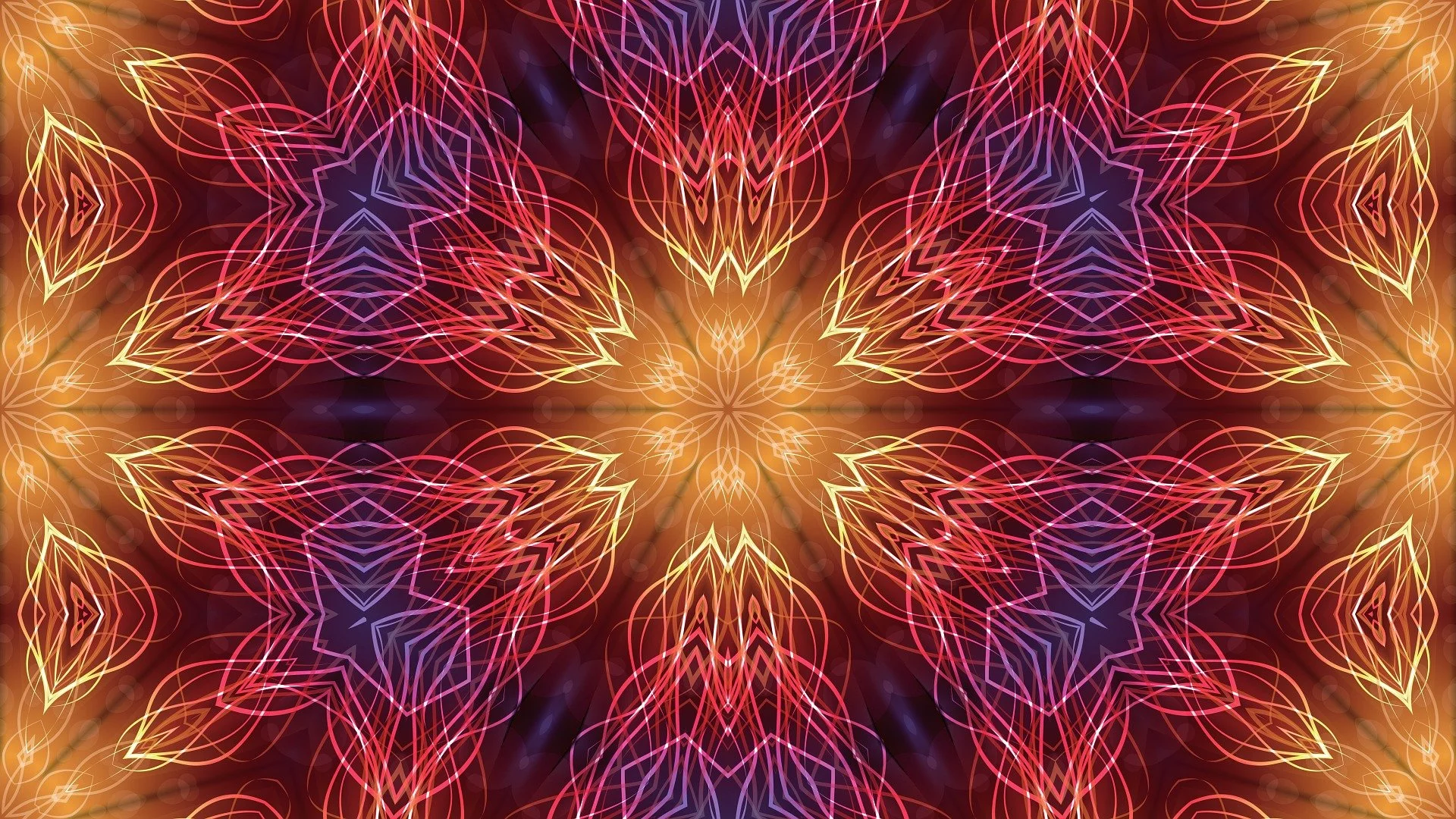Ketamine Assisted Psychotherapy
My work is a passion for me. I’ve shared openly over the years that, based on my own relationship dysfunction, I’ve been motivated to explore the research, delve into the practices, and develop the emotional habits that have been the foundation for those rare people who have the types of relationships that most of us crave.
I’ve been blessed to have “difficult enough” situations in my life, alongside a certain level of emotional resources to push myself to develop the grit, understanding, strength, and awareness to ultimately feel like I do this thing called relationship pretty well.
Don’t get me wrong. I screw up all the time—in all my relationships. But that’s not so important to me anymore. I’ve learned that the errors, or “ruptures,” provide the foundation and motivation, as well as the neurobiological avenues for growth and rewiring at a core level. (A deep dive into that process will be for another post).
I am a believer in exploring the origins, the shadows in our behaviors and attitudes and appreciating the painful moments as opportunities to practice becoming better humans and better partners. I also believe that reflecting on the difficult emotions we feel as the parts of our subconscious that highlight exactly what we need to learn are tenets for ongoing growth in the quest to cultivate the skills that are essential for our heart and soul’s journey toward true intimacy. The work of relationship—of truly connecting with other humans in this world—is some of the most gritty, edgy, transformative work we can do. Personally, I’m all in. And I’m all for supporting my clients in that same quest. Relationship work sometimes pushes against parts of us that feel sticky—we can have a hard time seeing, let alone changing, deeply conditioned emotional responses in our intimate exchanges. We can get stuck in emotional habits that feel hardwired. Relationships with ourselves can feel even more tricky. Acknowledging the strategies that we’ve developed throughout a lifetime—unconscious biases and belief systems that served to protect us, or internalizing a belief that our value is based in some performative function we hold, takes emotional resource that can feel daunting, if not seemingly impossible, to come by.
One of the paths I’ve been utilizing to support some of my clients in exploring and releasing these stuck places, both with self and with intimate partners, is Ketamine Assisted Psychotherapy (KAP).
A few years ago, I began hearing about the impact of Ketamine for mental health related conditions. I’ve spent a lot of time exploring the research, listening to doctors speak about the clinical trials and promising results, and have since partnered with Skylight Psychedelics, a physician owned and operated organization that evaluates and prescribes sub-lingual ketamine to clients who meet criteria, to be used in their licensed therapists' offices in all fifty states. I have completed a comprehensive Skylight training course and am happy to be able to offer this revolutionary new treatment modality in my office.
“I became tuned in on the network of neurological signals and cellular wisdoms that radiate at hundreds of millions per second.” —Timothy Leary
The Process
“Scientists know that depression and chronic stress can cause the synaptic connections between nerve cells in the brain to weaken. Ketamine can help strengthen these damaged neural pathways, effectively helping to rewire the brain.”
Ketamine is a legal medicine that has been widely used in the field of anesthesia since the 1970's. Over the past two decades research has demonstrated that it is effective at treating a number of mental health conditions, including depression, severe anxiety, post-traumatic stress disorder (PTSD), suicidality, and addictive disorders.
While not everyone is a candidate for ketamine, including clients with certain underlying medical or psychiatric conditions, the physicians at Skylight determine eligibility via online telehealth visits and are involved with care throughout the entire process.
Depending on dosages prescribed by the physicians at Skylight Psychedelics, as well as the unique experiences and neurobiology of each client undergoing treatment, people have both psycholytic and psychedelic experiences with ketamine. The research shows that both types of experiences can be incredibly supportive toward healing trauma, dampening down an area of the brain called the Default Mode Network (DMN), which tends to be overactive in many mental health conditions, and increasing emotional habits related to self-regulation, feelings of calmness and connection, and self-love. The theory is that ketamine—regardless of the experience of the client—heals the nervous system by repairing neural synapses damaged by trauma.
While undergoing ketamine-assisted therapy, my clients also have access to the physicians at Skylight Psychedelics who have extensive experience in psychiatry, addiction medicine, internal medicine, and psychedelic medicine. My clients have direct contact with the pharmacy team, a virtual integration yoga program, an integration manual, and carefully curated Spotify music playlists for use during ketamine sessions.
One of the promising areas of exploration in my own practice is Ketamine Assisted Couples Therapy, and how partners with whom I work often experience a “letting go” of defenses with one another, an increased ability to see some of the cycles they get into with more objectivity, compassion, and grace, and increases in longing to be more deeply connected with one another.
Couples Ketamine Therapy
There’s little research in Ketamine work with couples and I’m excited to be able to journey into this space with my clients and with Skylight Psychedelics as part of my team in supporting this work. My perspective on medicine-assisted therapy is that it is a very different approach to mental health conditions than traditional Western medicine dedicated to big pharma. Where pharmaceuticals are used (and to be clear, I am a believer in the necessity and benefit of pharmaceuticals for support in treating mental health conditions, though I often believe they are over-prescribed) to treat symptoms that feel uncomfortable, overwhelming and sometimes debilitating medicine assisted therapy brings those symptoms to the forefront, teaching us, from the wisest places within us—from our own inner healer—to integrate, to trust, to befriend those feelings that often become our greatest teachers.
Being raised in the 80s, I was a disciple of the “all drugs are bad” D.A.R.E campaign that scared us into believing that we’d do irreparable damage to our brains through drug use; and lumped opiates, psychedelics, and every other non-pharmaceutical drug (excluding alcohol, caffeine, and sugar) into the same category.
*(Interesting that recent studies have shown that the most damaging DRUG, both personally and societally, is alcohol, and yet we make it readily available everywhere, and psilocybin, for example, has been shown to be the lowest on the scale, in terms of personal or societal damage, and it’s a schedule one drug).
Over the last few years, as I’ve learned more about the origins of some psychedelic substances, their role in mental health research, their impact on emotional healing, and many current and ongoing clinical trials, I’ve questioned some of the earlier information I was given as well as the paradigm of the drug culture that has informed much of what we’ve all been fed by media, governmental agencies, and big-pharma over the past 50 years.
I know that alternative modalities like Ketamine can feel uncomfortable for some, especially if you were brought up on the same messages I received. So, if you’d like more information or want to learn about some of the ongoing research yourself, please go to the “Medicine Assisted Therapy” section of the resources page (here) and explore what the experts have to say.
Additionally, hearing about others’ experiences can be supportive when people are attempting to find their own right path. I’ve had the opportunity to witness some profound work and explorations into some of my clients’ worlds through Ketamine sessions with individuals and couples, and I’ve compiled a list of some things that people have said both during and after our Ketamine sessions and things that they continue to express days, weeks, and months after doing this work:
Examples of responses during & After KAP Sessions:
I feel emotions that I’ve never believed were possible for me to feel: Joy, Love—loving others and feeling loved, gratitude
It’s okay
I’m okay
Trust
I feel an overwhelming sense of relief
So much love
Compassion
Understanding
I’m feeling vs. thinking
My body is releasing
Safety
Warmth
I feel a broadened perspective
Desire for connection
Depth
Authenticity
Recognition of coping mechanisms
Self-love
Choice
Empowerment
Strength in vulnerability
Heart centered
My body is holding less stress
It’s not my fault
I feel happy
Take everything that’s tied you down and untether it all
My performance is not my truest value—it’s my love and light
I want to let go of my defenses
My body is unveiling truths that have been hidden for so long
I am loved for my existence, not my performance
My value is not determined by what I do
It’s like a complete unwinding
These wounds are not mine to hold
I feel like I worked through something on a deep unconscious level
I am love and light
I am an empty bowl
I am a beautiful storm
My view of myself has expanded
These parts of me that felt separate are becoming one
I feel so much love for the people in my life
I feel as if I’ve been swaddled
I’m swimming in a sea of self-acceptance
I’m more grounded, more centered
Things feel easier to manage
I’m more gentle with myself
Ketamine takes all of the work and wisdom gained in therapy to a deeper place in my body
It feels like a massage for my brain
My soul is more relaxed than it’s ever felt in my life
I haven’t felt this much love for my partner in a long time and it feels so good.
I’m falling in love with the whole world
I feel like I’ve grown a third eye, and I can see inside my soul
I saw all these images of different versions of myself, different ages, all surrounding me and helping me know that we’re all healing together–we’re not alone.
I saw images of my neural pathways becoming rewired, healing.
I can feel how generational trauma has created a barrier in my body
I feel more patient, more calm
I feel better about who I am as a person
I feel completely safe in my own body for the first time, maybe ever
I feel like it’s time to take the armor off—it’s not me
It’s changed the way I interact with my partner
The lens through which I see my partner has changed
It’s so much easier now to pause and get curious rather than react
I could see my entire energy field—this gyroscopic spinning around my whole body, the top moving in one direction and the bottom moving in another direction—it was powerful to feel
Doing this with my partner created such safety between us
My partner became like my tether—grounding me to reality
For more information about KAP sessions, please email info@coloradocouplesclinic.com or call 303-956-7622. You can also share your interest by filling out the form on the Contact Page.
Get in touch
Colorado Couples Clinic understands that finding the right therapist to support your most personal, intimate work is a choice not to be taken lightly. That’s why a free phone consultation is available so that your needs are understood and we can explore whether or not this is the right fit for your therapeutic goals.





